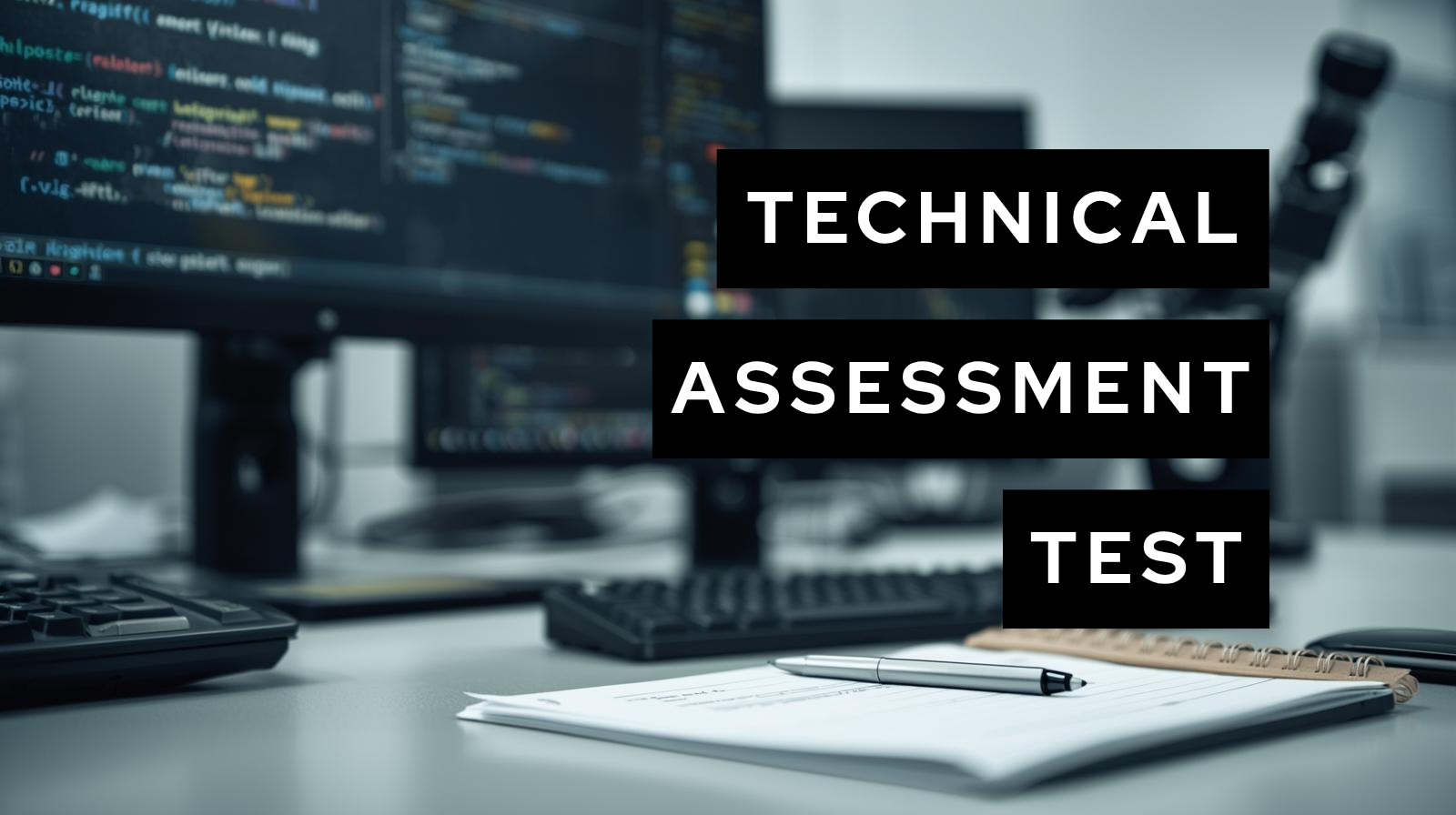
Make talent quality your leading analytic with skills-based hiring solution.

Test Technical Skills, Not Assumptions
Hiring technical talent is one of the toughest challenges recruiters face today. Resumes often fail to reflect real expertise, and interviews can be biased or inconsistent. Report by Upturn highlights that employers often face challenges in assessing candidates’ technical skills, leading to potential mis-hires and resource wastage.
That’s where a Technical assessment test comes in. By evaluating candidates through real-world technical scenarios, organizations can ensure they are hiring proven talent who can perform from day one. With Glider AI, recruiters and hiring managers can validate coding, engineering, and domain-specific expertise to build stronger, more reliable teams.

Technical assessment tests exist to:
Technical assessment platforms follow a simple, role-driven process:
Different roles require different technical validations. Common categories include:
A strong Technical Assessment Test platform comes with features that ensure fairness, scalability, and real-world skill validation.
| AI Proctoring | Ensures fairness and prevents malpractice |
| competency Test Libraries | Hundreds of pre-built technical tests across 250+ technologies |
| Simulation-Based Testing | Candidates solve real-world challenges, not generic multiple-choice questions |
| Candidate-Friendly Interface | Accessible, mobile-ready, and designed to reduce test anxiety |
| Scalable Reporting | Auto-grading with dashboards that highlight strengths and job fit |
When evaluating a solution, consider:
A Technical assessment test is no longer optional, it’s essential. In today’s competitive market, companies can’t afford to rely on resumes or assumptions. By focusing on proven technical skills, organizations reduce bias, improve hiring efficiency, and build stronger, future-ready teams.
With platforms like GLIDER.ai, recruiters and hiring managers can go beyond resumes and interviews to validate skills, improve candidate experience, and confidently hire technical talent that drives innovation.
1. What is a technical assessment test?
A technical assessment test evaluates a candidate’s practical skills and ability to perform tasks relevant to a specific role, such as coding, data analysis, or system design.
2. Why should organizations use technical assessment tests?
They help hire candidates with proven skills, reduce bias, improve screening efficiency, and ensure new hires can contribute from day one.
3. How are technical assessment tests conducted?
Candidates complete online assessments that replicate real-world tasks. AI proctoring ensures fairness, and results provide detailed insights into technical strengths and gaps.
4. Can technical assessments be tailored to specific roles or technologies?
Yes. Modern platforms allow customization for different roles, programming languages, and domain-specific skills to match your hiring needs.
5. How do technical assessment tests benefit the overall hiring process?
They save time by filtering unqualified candidates early, provide objective data for decision-making, and enhance candidate experience with transparent, job-relevant evaluations.

Engineering roles stay open longer than almost any other position. You know the pattern: a req opens, applications flood in, resumes get reviewed, phone screens happen, and then the pipeline stalls. Candidates who looked strong on paper can’t solve basic problems. Others talk a good game but can’t write functional code. By the time you […]